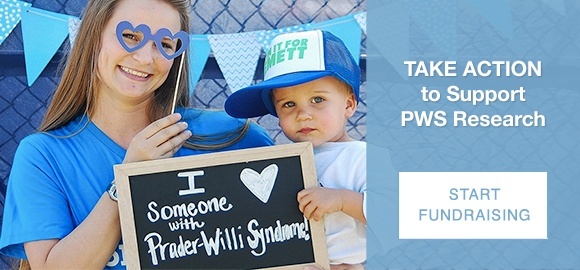 How should I talk with my child about their PWS diagnosis?
How should I talk with my child about their PWS diagnosis?
This is a question many parents ask as their child grows and differences between them and their typical peers may become more apparent. Will discussing the PWS diagnosis empower their child to advocate for themselves effectively, or could it negatively impact their self-esteem?
To understand how parents approach this question, Victoria Moy—then a master’s student in the Genetic Counseling Program at the University of Alabama at Birmingham—conducted a study using surveys and interviews to explore the strategies parents used when discussing PWS with their child. Over 50 parents completed an online survey, and 15 participated in in-depth interviews.
Study Findings
Most parents in the study (90%) had discussed the PWS diagnosis with their child to some degree, while 10% had not. Parents were more likely to discuss PWS with their child if the child was older and had at least one sibling. Interestingly, the parent’s level of education did not seem to affect their decision, but parents who felt they had a strong understanding of PWS were more likely to engage in a discussion about PWS with their child.
Motivations and Approaches
The interviews revealed that, while each family’s experience is unique, parents shared some common motivations and strategies in discussing PWS. Many parents expressed a sense of responsibility to be honest and transparent with their child about the diagnosis and wanted to help their child understand the symptoms associated with PWS, such as hyperphagia.
Parents stressed that “the PWS talk” was not, in fact, a single conversation, but typically occurred over multiple, informal conversations, guided by the needs of the child and their level of understanding. Using straightforward language and a positive perspective—emphasizing ideas like being part of a "unified team" and that "everyone has their challenges"—helped parents discuss PWS in a way that promoted a healthy self-image.
Challenges and Reflections
Like many aspects of navigating PWS, parents often felt a mix of self-doubt and anxiety when deciding how to share the diagnosis. They saw both the potential benefits and challenges of talking with their child about PWS. While some parents wished for more resources to guide them, they also recognized that each family’s journey is unique, which can make creating one-size-fits-all resources difficult. Still, one thing is clear: helping parents deepen their understanding of PWS can be a tremendous support as they begin these important conversations.
For parents working through how to talk about PWS with their child, the insights from this study may provide helpful themes and inspiration for navigating this challenging task.
A special thank you to the parents who participated in this study and congratulations to Victoria who successfully completed the genetic counseling program and is now practicing as a pediatric, specialty genetics, and laboratory genetic counselor at UAB Medicine.








